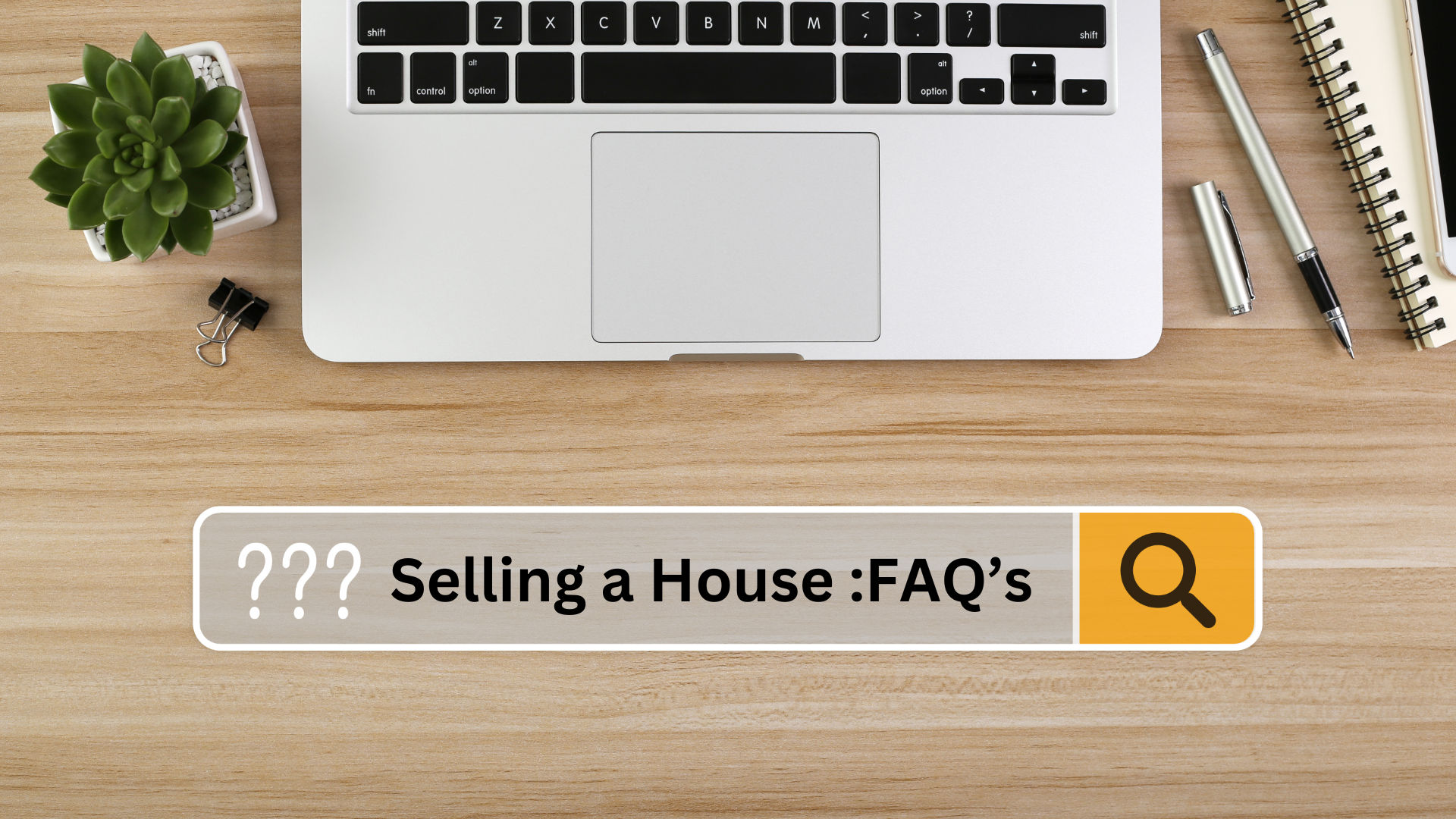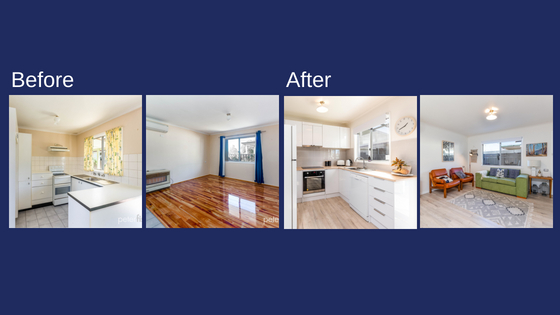Selling a House: Your Top FAQs Answered
Selling a house can be a daunting task, especially if you’re not familiar with the process and regulations. Whether you’re a first-time seller or just looking for some clarity, this article aims to answer some of the most frequently asked questions about selling a house.
Do I Need a Real Estate Agent to Sell My House?
While it’s not mandatory to hire a real estate agent, most sellers choose to work with one. Real estate agents have the expertise, market knowledge, and resources to help you navigate the selling process efficiently. They can also assist with pricing, marketing, and negotiating to get the best deal.
How Much Does it Cost to Sell a House?
The costs of selling a house in Australia can include agent commissions, advertising fees, legal fees, and government charges. Agent commissions typically vary as a percentage of the sale price meaning it’s essential to discuss all potential costs with your chosen real estate agent and legal advisor to avoid surprises.
What Taxes Do I Need to Pay When Selling My House?
You generally won’t need to pay capital gains tax (CGT) on your primary residence, thanks to the Principal Place of Residence (PPR) exemption. However, if you have a rental property or a property that isn’t your primary residence, you may be subject to CGT. Always consult a tax professional to understand your specific tax obligations.
How Do I Determine the Right Price for My House?
Setting the right price is crucial to attract potential buyers. Real estate agents will always conduct comparative market analyses (CMAs) to help you determine a competitive listing price. This analysis considers recent sales of similar properties in your area, current market conditions, and your home’s unique features.
What Do I Need to Sell My House?
You’ll need Contract for the Sale of Land (prepared by your solicitor or conveyancer) which will include but is not limited to:
- property certificate (title search)
- drainage diagrams
- the planning certificate issued by the local council
- any dealings on the lot relating to an easement, profits à pendre (A profit à prendre is a right to take from the land owned by another person part of the natural produce grown on that land or part of the soil, earth or rock comprising the land.), restrictions on the use of land or positive covenant
- a notice with respect to smoke alarms and loose-fill asbestos insulation (unless the notice is printed in the contract)
- a copy of a Residential Tenancy Agreement if the property is subject to an existing tenancy
The contract must also include any property exclusions and the prescribed statement relating to the cooling off period.
If the property for sale has a swimming pool or spa pool, one of the following must also be attached to the contract:
- a copy of a valid certificate of compliance, or
- relevant occupation certificate and evidence that the pool has been registered, or
- a valid certificate of non-compliance.
Your real estate agent and legal advisor can guide you through the document preparation process.
How Long Does It Take to Sell a House?
The time it takes to sell a house can vary significantly depending on factors like location, property condition, and market conditions. On average, it takes around 30 to 60 days from listing to settlement. However, some properties sell faster, while others may take several months.
What Are My Responsibilities During the Sale Process?
As a seller, your primary responsibilities include:
Maintaining the property’s condition for inspections and showings.
Working with your agent to market the property effectively.
Responding to you agent’s calls so they can answer buyer inquiries and offers promptly.
Reviewing and signing necessary documents in a timely manner.
Preparing for settlement and vacating the property on the agreed-upon date.
Can I Sell My House While Tenanted?
Yes, you can sell a property while it’s tenanted, but there are rules and regulations governing this process. You must provide proper notice to your tenants and ensure their rights are respected during the sale. It’s advisable to consult with your legal advisor and property manager if applicable.
What Happens at Settlement?
Settlement is the final step in the selling process. It involves the exchange of funds and transfer of property ownership. Your legal advisor and real estate agent will coordinate this process, ensuring all parties meet their obligations, and the property changes hands legally and smoothly.
Conclusion
Selling a house can be a complex undertaking, but understanding the process and seeking professional guidance can make it less daunting. These FAQs provide a starting point for your selling journey, but it’s essential to consult with real estate professionals and legal advisors who can offer personalised advice based on your unique situation. With the right support, you can successfully navigate the real estate market and achieve a successful sale.
Our Licensed Agents are always happy to provide help and advice to anyone who is thinking of selling and wishes to know more. Just give our Team a call, we’d love to chat with you with no obligation but with every intention to help as much as possible. We can do a comprehensive and accurate market appraisal of your property at any time at no cost to you.



